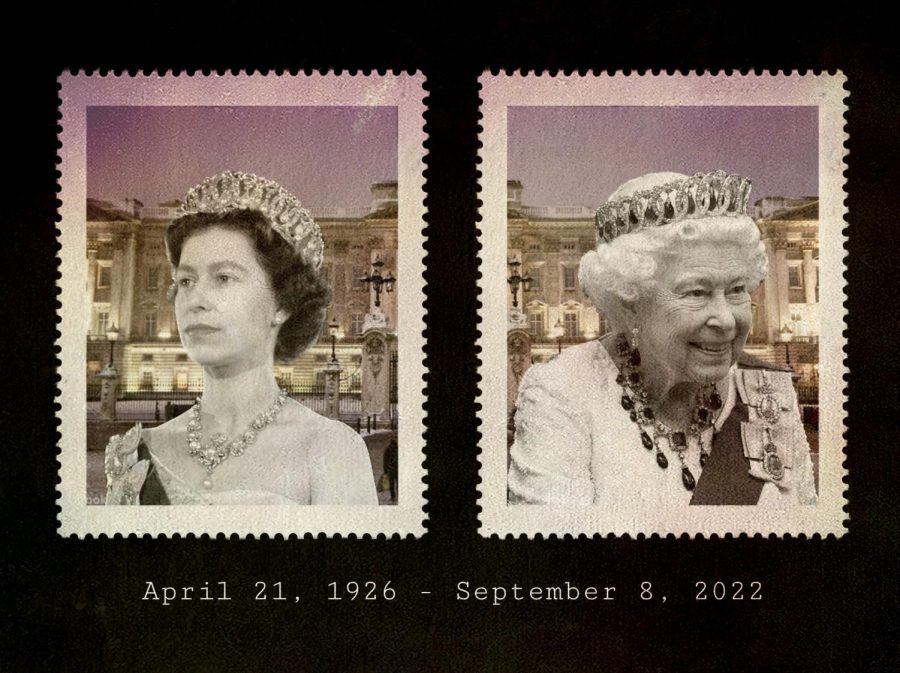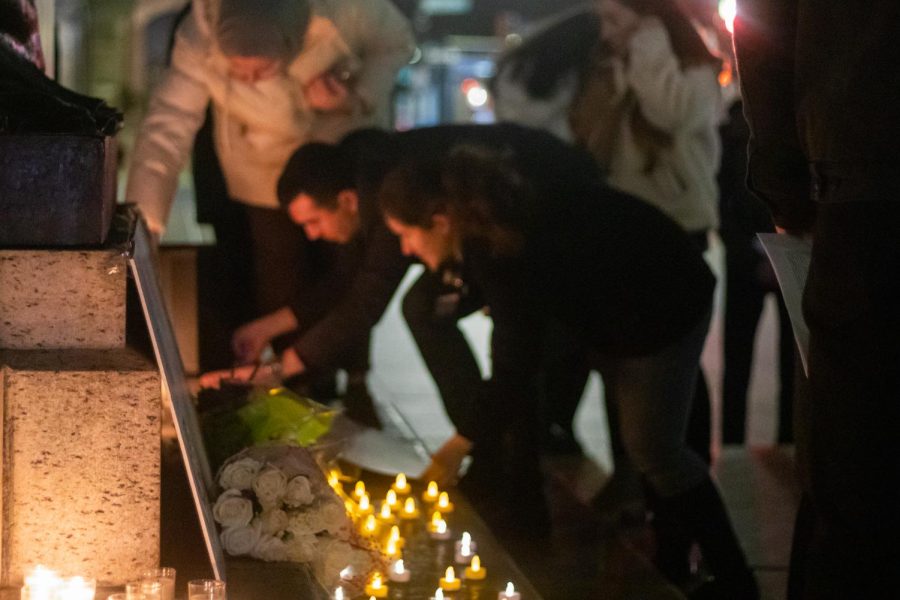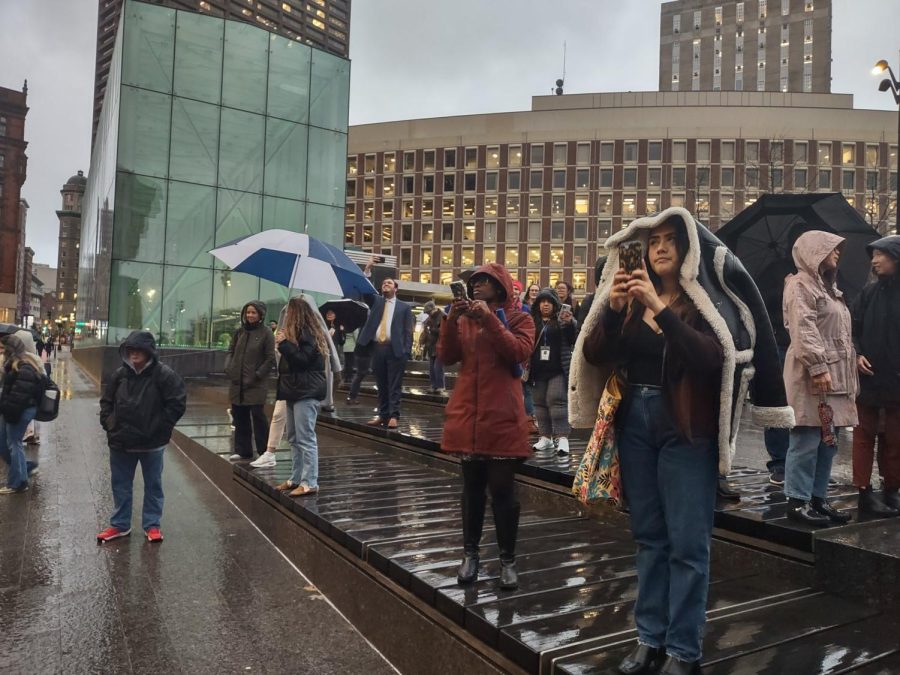On Sept. 8, Britain’s longest reigning monarch passed away at the age of 96, leaving behind a mourning nation and bringing England’s history of colonialism into the spotlight.
According to the Associated Press, at the time of her death, the queen held influential power over 56 nations, 14 of which are Commonwealth “realms” — former colonies where the British monarch remains the head of state. Within those countries were 150 million people who were affected by the rule of the royal crown.
Since the queen’s passing, the public’s response has been one of many mixed messages. Social media was taken by storm with comments and posts about the queen following the announcement from the royal family.
Colonialism became a hot topic following her death, with many pointing out that the criticism is long overdue. Experts said the exploitation of countries and colonies was rampant under British rule, with the lingering effects of racism still being felt today.
Colonization also often included slavery, forcing native peoples to move, extreme oppression and retrieving resources with no regard for the local peoples of economies.
“While colonization did not take place under Queen Elizabeth II’s reign, Britain still had a large empire at the time of her coronation in 1952,” Time wrote.
The Queen, who took the throne at age 25, may have established herself as an iconic ruler of a nation with a past rooted in imperialism, dominating pop and political culture, but some say it is important to not look at her through rose-colored lenses.
When asked how she reacted to the queen’s passing, Suffolk University junior Gianna Fraumeni said she was not shocked.
“I had seen earlier in the day that she wasn’t doing well, so I wasn’t shocked, I didn’t really react at all,” Fraumeni said.
She added that her previous knowledge of the crown’s past of colonialism could have been another reason as to why she did not have a large reaction.
“She w as in power for a long time so this was an important day to some, but I think it’s equally as important to remember what [the crown] did and not place her up on this pedestal,” said Fraumeni.
Many people on social media wanted to highlight the crown’s past and how the death of the queen is an opportunity to rebuild and mend the wrongs from the past. When asked if she thought the crown should reform, Fraumeni was not hopeful.
“I think it should reform, but I don’t see it genuinely happening,” Fraumeni said.
Following the death of his mother, King Charles Ⅲ will now be taking the throne.














